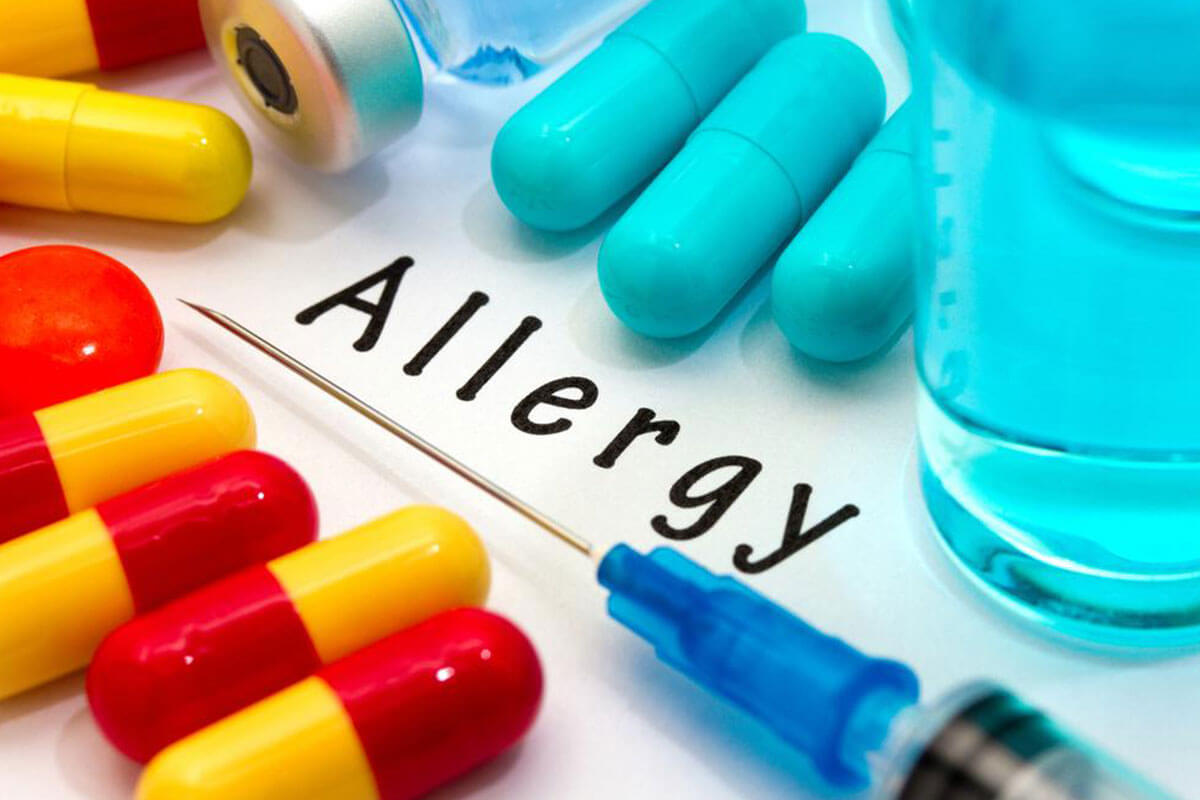Effective Techniques to Alleviate Allergy Symptoms and Improve Quality of Life
Managing allergy symptoms effectively is crucial for improving quality of life. This comprehensive guide covers OTC remedies, prescription options, immunotherapy, and saline nasal rinses, providing practical solutions to reduce allergy discomfort and enable a more comfortable, healthier lifestyle for allergy sufferers.

Effective Techniques to Alleviate Allergy Symptoms and Improve Quality of Life
Allergies have been a common health issue affecting millions of people around the world for centuries. These hypersensitive reactions to environmental triggers such as pollen, dust mites, pet dander, and certain foods can significantly impact daily life, reducing comfort and productivity. Understanding how to manage allergy symptoms effectively is essential for those affected. Fortunately, there are numerous strategies and treatments available today that can help reduce the severity of allergic reactions, allowing individuals to enjoy life with less discomfort and more freedom from allergy-related restrictions.
From over-the-counter remedies to advanced immunotherapy options, this comprehensive guide aims to equip you with the knowledge needed to control allergy symptoms, improve your overall well-being, and regain control over your daily activities. Whether you're dealing with seasonal allergies or year-round sensitivities, applying the right combination of treatments can make a substantial difference in your health outcomes.
Over-the-Counter Medications
One of the most accessible and common approaches to allergy relief is the use of over-the-counter (OTC) medications. These products are available in pharmacies and retail stores without the need for a prescription. They work primarily by blocking or counteracting the effects of histamine, a chemical released by the immune system during allergic reactions. Histamine causes symptoms like sneezing, itching, watery eyes, and nasal congestion, so medications that inhibit its action are highly effective.
Popular OTC options include antihistamines such as loratadine, cetirizine, and fexofenadine. These medications provide quick relief from symptoms and are generally safe for most people when used as directed. Additionally, decongestants like pseudoephedrine and phenylephrine can help reduce nasal swelling and congestion, making breathing easier. Nasal sprays containing corticosteroids, such as fluticasone or mometasone, are also effective for longer-term control of nasal allergy symptoms and can be used regularly to maintain nasal health.
It is important to follow dosing instructions and consult a healthcare professional if you experience adverse effects or if symptoms persist. OTC remedies are effective for mild to moderate allergies and serve as a first line of defense for many individuals seeking quick symptom relief.
Prescription Treatments
For more severe or persistent allergy symptoms, especially those affecting the eyes, nose, and throat, prescription medications prescribed by a healthcare professional are often necessary. These targeted treatments can provide faster and more potent relief, helping manage symptoms that do not respond adequately to OTC options.
Nasal corticosteroids like fluticasone, mometasone, and budesonide are among the most effective prescription treatments for controlling nasal inflammation and reducing allergic response. Eye drops containing antihistamines or mast cell stabilizers are recommended for itchy, red, and watery eyes. In cases of allergy-induced asthma or severe respiratory issues, inhalers and corticosteroids may be prescribed to help keep symptoms under control.
In addition, oral corticosteroids or leukotriene receptor antagonists may be used in specific cases, especially when allergies trigger significant inflammation or bronchospasms. It is essential to follow medical advice and dosage guidelines to minimize side effects. Regular consultation with your healthcare provider ensures that your allergy management plan remains effective and tailored to your evolving needs.
Immunotherapy Options
For individuals with persistent allergies that interfere significantly with their quality of life, immunotherapy offers a long-term solution. This method involves gradually exposing the immune system to small amounts of allergens to desensitize the body's response. Immunotherapy can be administered through allergy shots (subcutaneous injections) or through dissolvable tablets placed under the tongue (sublingual immunotherapy).
Allergy shots are typically given in a healthcare setting, starting with low doses and gradually increasing over months or years. This slow exposure trains the immune system to tolerate allergens that previously triggered allergic reactions, reducing symptom severity over time.
Sublingual immunotherapy (SLIT) is a convenient alternative that involves placing small doses of allergens under the tongue daily. It is suitable for many patients seeking a less invasive treatment option. The effectiveness of immunotherapy depends on individual response but has been shown to provide significant long-term relief and even modify the course of allergic disease.
Before starting immunotherapy, a thorough allergy assessment by an allergist is essential. This ensures that the specific triggers are correctly identified and appropriate treatment protocols are followed. Overall, immunotherapy is an excellent choice for those seeking a proactive approach to controlling allergies and minimizing the need for ongoing medication use.
Saline Nasal Rinse
An alternative method for managing nasal congestion and allergy symptoms is the use of saline nasal rinses. This simple at-home technique involves rinsing the nasal passages with a saltwater solution to remove mucus, pollen, dust, and other allergens trapped inside the nasal cavity.
To perform a saline rinse, you can prepare a solution by boiling water and mixing it with non-iodized salt and baking soda or purchase pre-made saline rinse kits. Using a neti pot or squeeze bottle, gently flush one nostril at a time, allowing the solution to flow through and out the other nostril, effectively clearing debris and reducing inflammation.
This method not only alleviates congestion but also helps prevent sinus infections and reduces the need for medicated nasal sprays. It is a safe, drug-free technique suitable for daily use, especially for those with chronic sinusitis or allergy sensitivities. Proper hygienic practices, like cleaning the rinsing device regularly, are crucial to avoid infections.





